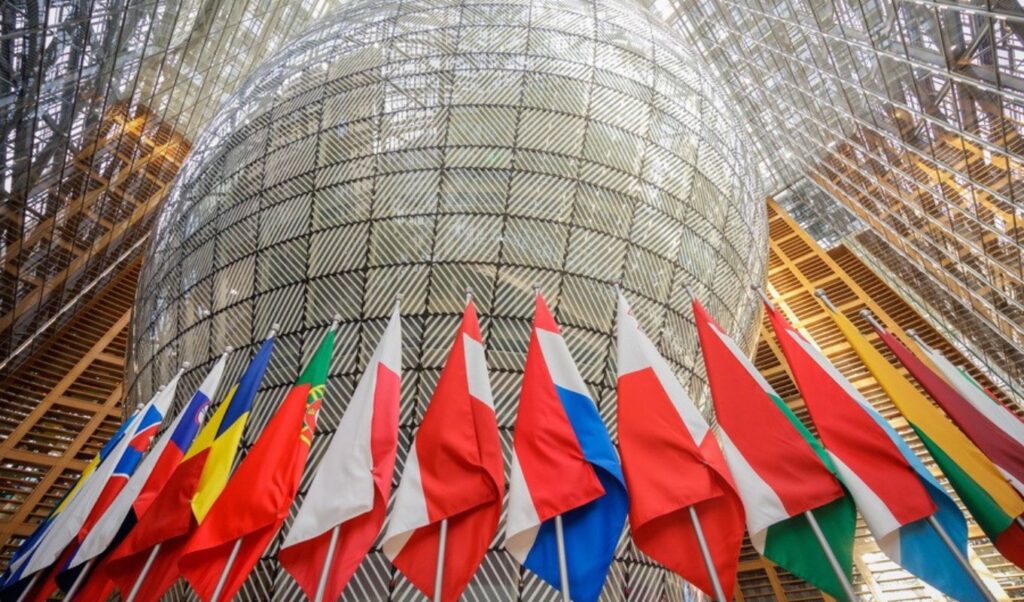The European Union’s initiative to completely ban gas and oil imports from Russia as part of sanctions for the war in Ukraine is expected to move to the next phase within the day, as Energy Ministers are called to adopt the measure. The ministers, meeting in Luxembourg, are seeking to forge a common position for the complete import ban before the decision is finalized in negotiations with the European Parliament.
EP members already voted in favor last week, allowing negotiations with national capitals to begin. Under the proposal, imports of oil, pipeline natural gas, and liquefied natural gas (LNG) would be completely and permanently banned by 2028 at the latest.
EU: Hydrocarbon import ban from Russia to be adopted by simple majority
The ban that will be approved following negotiations with the EP will be adopted by simple majority, meaning countries like Hungary and Slovakia, which import Russian gas via pipelines, cannot exercise a veto. Efforts are underway to impose a ban on Russian LNG imports even earlier, as part of the upcoming sanctions package against Russia.
Last year, Moscow still accounted for roughly one-fifth of all EU gas imports, and an increased percentage of LNG, according to official EU data. In the first half of 2025, member states imported nearly €4.5 billion worth of LNG from Russia. Sanctions can be adopted once agreed upon by all 27 member states, without EP involvement, allowing the process to move faster.
The punitive measures are characterized as temporary and can be lifted when the war in Ukraine ends and when Brussels no longer sees reason to impose them. The expected agreement between member states and the EP on the ban would end hydrocarbon imports from Russia.
The agenda at the EU Foreign Ministers meeting
Meanwhile, Foreign Ministers will also discuss developments in the wars in Ukraine and the Middle East today in Luxembourg. Ukrainian counterpart Andriy Sybiha is expected to participate in part of their session.
The ministerial council will be held just 24 hours after US President Donald Trump’s meeting with his Ukrainian counterpart Volodymyr Zelensky in Washington and the announcement of the Republican’s meeting with his Russian counterpart Vladimir Putin in Hungary.
The council will discuss the proposal to use frozen Russian assets to finance loans for war reparations to Ukraine and the 19th sanctions package against Russia.
The Gaza ceasefire agreement will also be discussed. The EU remained on the sidelines of negotiations for the ceasefire agreement between Israel and Hamas, nevertheless European officials emphasize that it intends to claim an active role in efforts to restore stability in the Middle East.
Member states are struggling to reach a common position. One of the proposals to be examined is to freeze the imposition of tariffs on imports from Israel.
ΑΠΕ-ΜΠΕ




